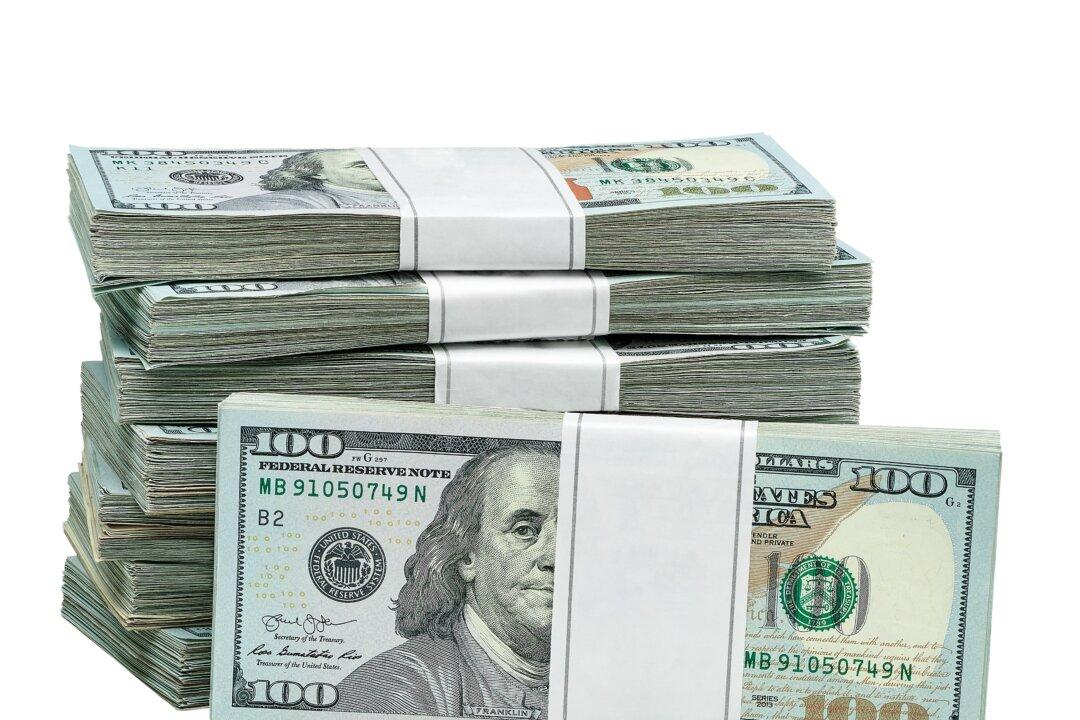I’m sure that you’ve heard the adage “cash is king” at some point. But, where exactly did that phrase originate from? And, what exactly does it mean?
Well, the origin isn’t crystal clear. But, falling the 1988 global stock market crash, it was used by Pehr G. Gyllenhammar, who was the Chief Executive Officer of Volvo at the time. “Cash is king” was also used frequently throughout the global financial crisis in 2008. And, it’s certainly been thrown out during the time of coronavirus.






